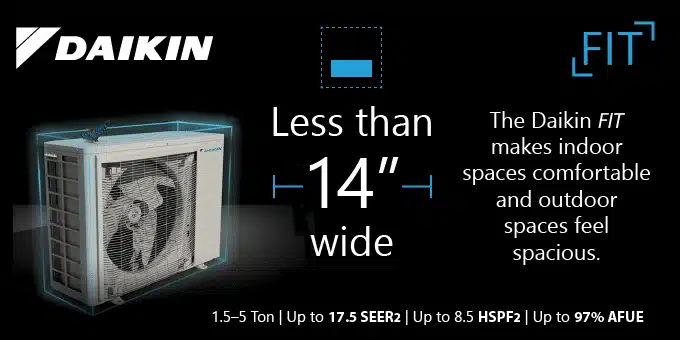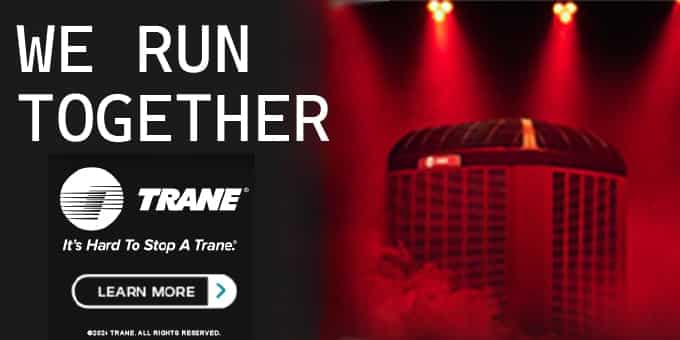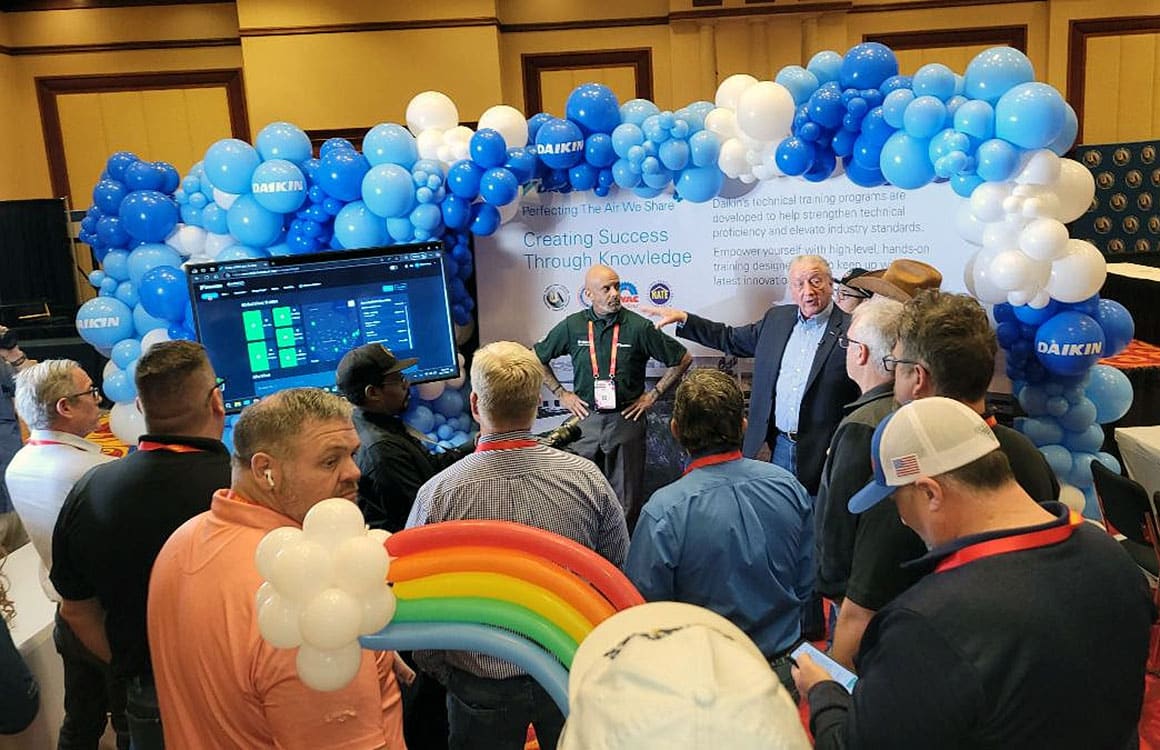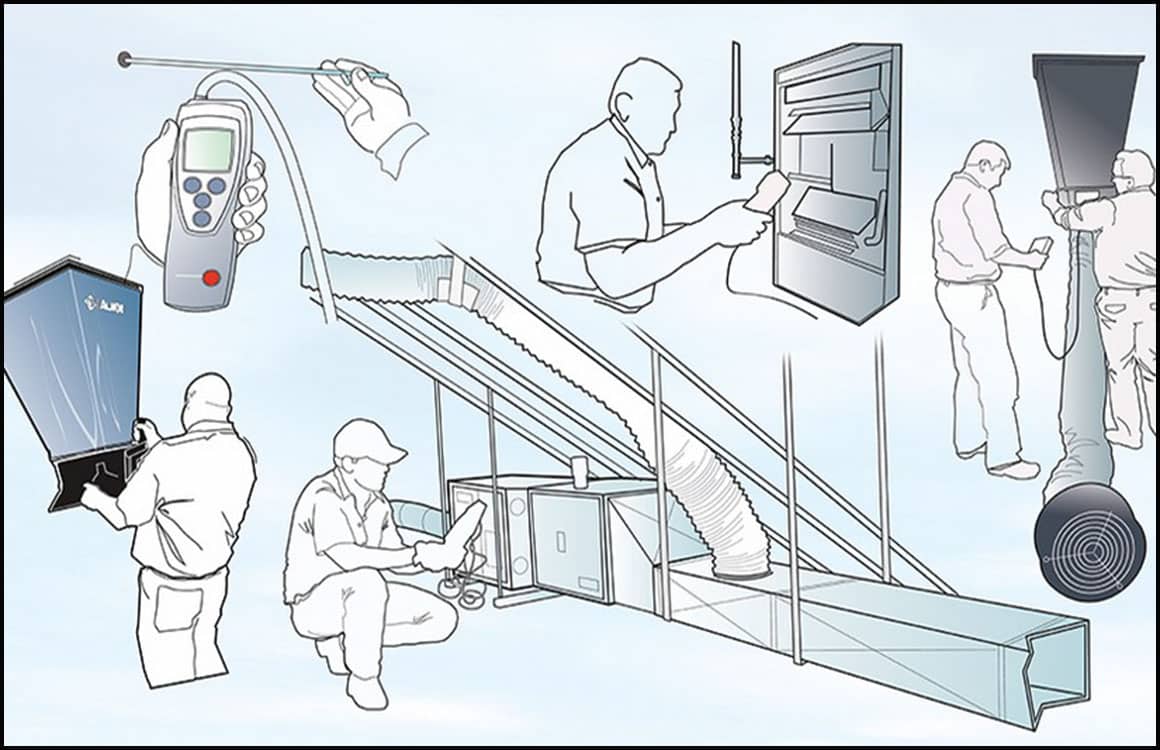Soft Skills. In our business we are faced with several challenges and we are competing with other HVAC/R contractors for the same slice of pie. What sets us apart? How do we gain the competitive edge? Many will say pricing, some will suggest technical ability; however, we often overlook customer service as an important factor. Think about when you are the customer, how do you feel when you are provided with poor customer service? Customer service applies to more than just the folks working in the back office or the sales staff. Technicians and installation crews are where the “rubber meets the road” and have a direct impact on the business as a whole.
Let’s start with the technician interacting with the client, they are the face of the company, good or bad. It stands to reason that if they provide a good client experience the compa ny is considered in a favorable light. Obviously, there is much more to discuss here but it’s a good start and can be the deciding factor if something goes wrong. Let’s discuss some of the items we in the field can do. First on my list is the “call before;” call, text or email the client to let them know you are on the way and your expected arrival time. Where you park shows consideration and respect by following established rules for many locations. Residentially speaking you may not want to block in the resident’s driveway or even park on the driveway at all. Commercial applications we should avoid no parking areas, reserved parking, loading
ny is considered in a favorable light. Obviously, there is much more to discuss here but it’s a good start and can be the deciding factor if something goes wrong. Let’s discuss some of the items we in the field can do. First on my list is the “call before;” call, text or email the client to let them know you are on the way and your expected arrival time. Where you park shows consideration and respect by following established rules for many locations. Residentially speaking you may not want to block in the resident’s driveway or even park on the driveway at all. Commercial applications we should avoid no parking areas, reserved parking, loading
zones and fire lanes. When approaching the door, ring or knock then take a few steps back so you are not too close to the door when it’s opened. Introduce yourself and show your ID credentials. I suggest using shoe covers to cover your shoes prior to entering the home or business. Remember to take the shoe covers off if you need to go back outside and then put them back on when you return inside.
Communication is very important, from listening to the client’s description/complaint to acknowledging their concerns. Active listening skills should be engaged, listening and understanding the clients is important. I’ve known some technicians who, I think, just like to hear themselves talk. Those types are not actively listening, they are thinking of the next thing they want to say. Communication between the technician and the client should be clear and concise. We want to understand the concern and address it accordingly. We should keep in mind that as friendly as the client may seem they rarely have an interest in our personal life. I’ve taken calls from clients to express their dislike of the technician’s comments about his relationship with a girlfriend and living arrangements. I try to remember the adage, in good customer service you never talk about Finances, Religion, Politics…and in some instances college football! Additionally, written invoices are a part of our communication. We write what we found and what our corrective action is, or in some instances our proposal for corrective action. Some technicians have an uncanny ability to not completely fill out paperwork; this leads to poor communication. Leaving the client or the office wondering what exactly happened on the call. I should point out that the service invoice is a legal document often called upon for claims or litigation, taking pride in your work includes more than a good diagnosis/repair, it’s in the paperwork too.
Occasionally we encounter an angry client, I’d say in South Florida there is a higher risk of that! Having good tools at our disposal is helpful in de-escalating the situation. All situations are different and should be addressed individually; however, we can do our best to resolve the concern. I want to stress your safety; we may encounter a “hot head” and should recognize our personal safety. If it’s an unsafe environment, excuse yourself, notify your office and leave the situation.
Your company may provide specifics on how to handle these situations. If you have the ability to discuss the situation, that’s helpful, gather as much information as possible to understand the issue. With that done we have an opportunity to solve a problem; after all, that’s what drives us – solving problems! Never employ the tactic of throwing the previous technician “under the bus.” Contrary to what you may think it doesn’t make you look good, just the opposite. It makes you look bad and creates more doubt in the client’s mind. There are many tools to handle unpleasant situations. I won’t try to address them all in this article. I will give some advice; always take the high road, if you are being treated unprofessionally, take the high road, don’t give them back what you are getting. Responding “in kind” is not helpful and only aggravates the situation. Be empathetic and do your best to provide a resolution. Sometimes the resolution may have to come from someone higher in your organization, know when and if you should “kick it up the chain.”
Showing courtesy and respecting the client’s property carries a lot of weight in customer service, smoking on their property may or may not be tolerated, know beforehand. Talking on the phone excessively while on site shows that you may not have the attention to detail the client is paying for and expects. Leaving trash on their property is also a bad idea, I like to say leave the site cleaner than you found it…of course, I used to apply spray Turtle Wax to the condensers I was maintaining….so, there is that (I’m a bit nutty). I hope this is enough information to pique your interest in the topic and you will research some soft skill topics. You may consider a book by Steve Coscia, “HVAC Customer Service Handbook,” or several other resources. It really is an important part of what we do. Remember to stay safe in all that you do, getting home safely at the end of the day is the priority.
Kelly McCann is an accomplished Heating, Ventilation and Air Conditioning (HVAC) professional with over 30 years in the industry. He has experience in several capacities; installation, service, service management, O.E.M technical support and territory management. Kelly has also provided professional instruction since 2000, teaching at the Florida Air Conditioning Apprenticeship Association. His current position is Retail Sales Manager at Custom Mechanical Inc. in West Palm Beach, FL..
















